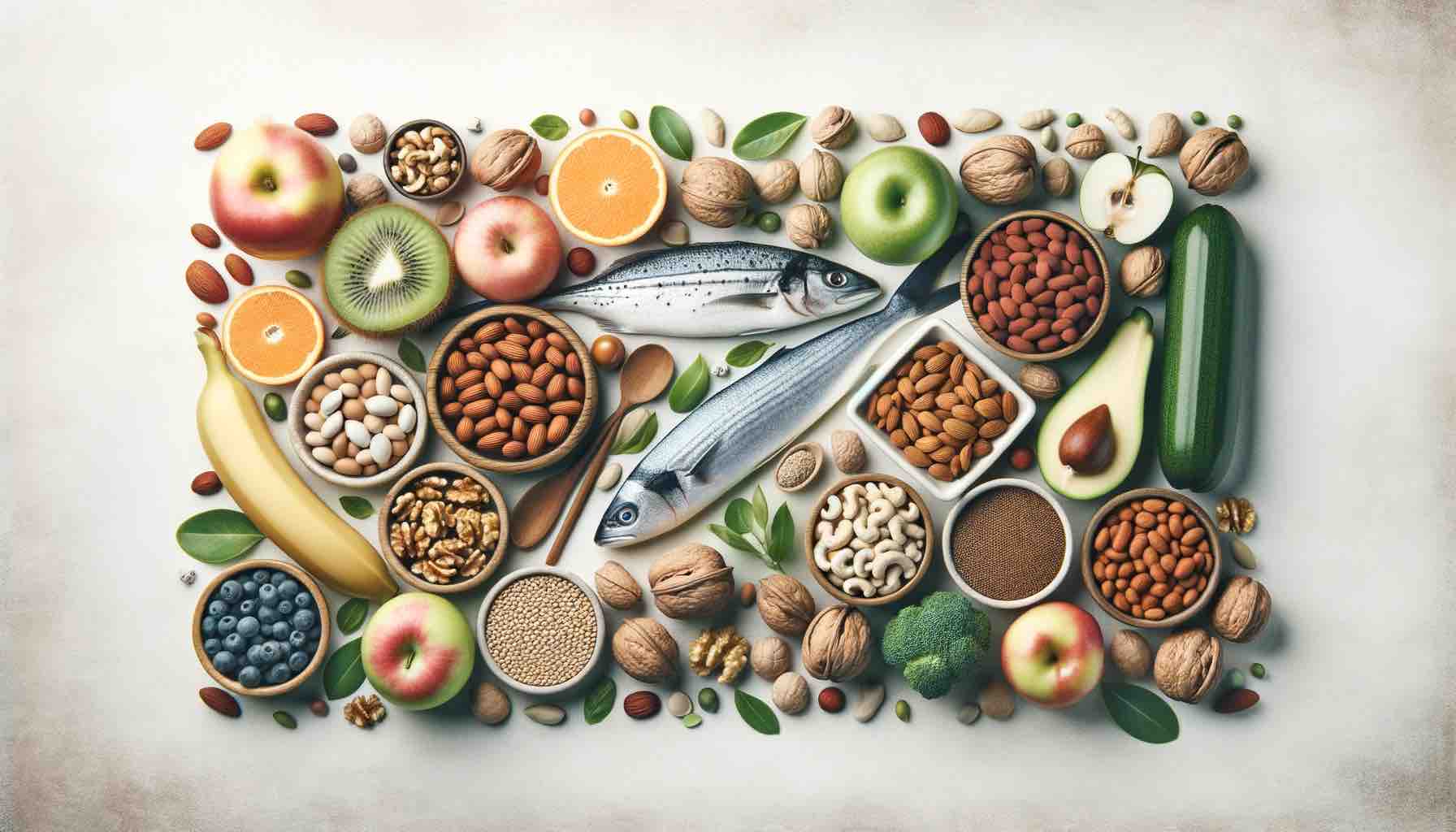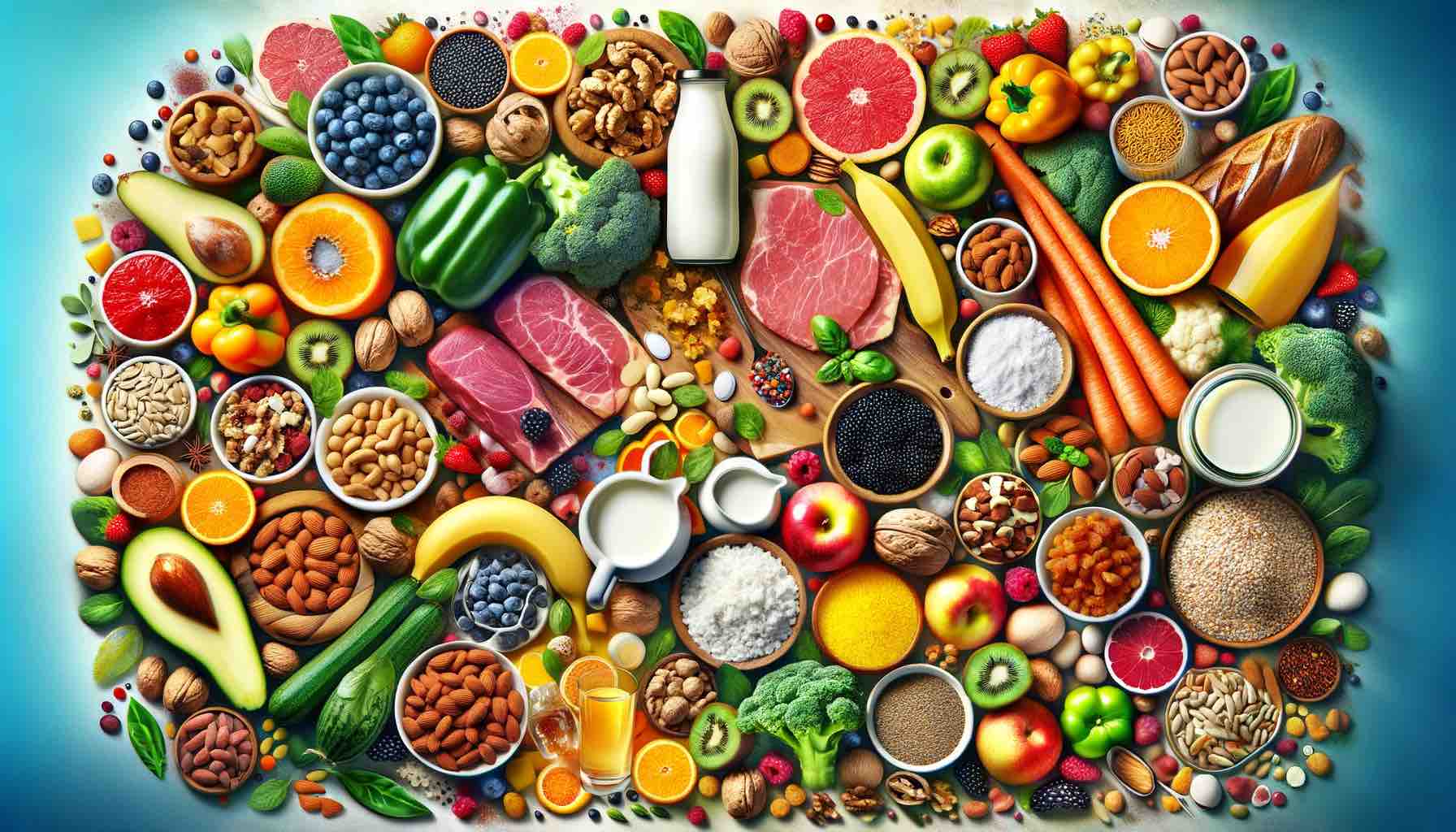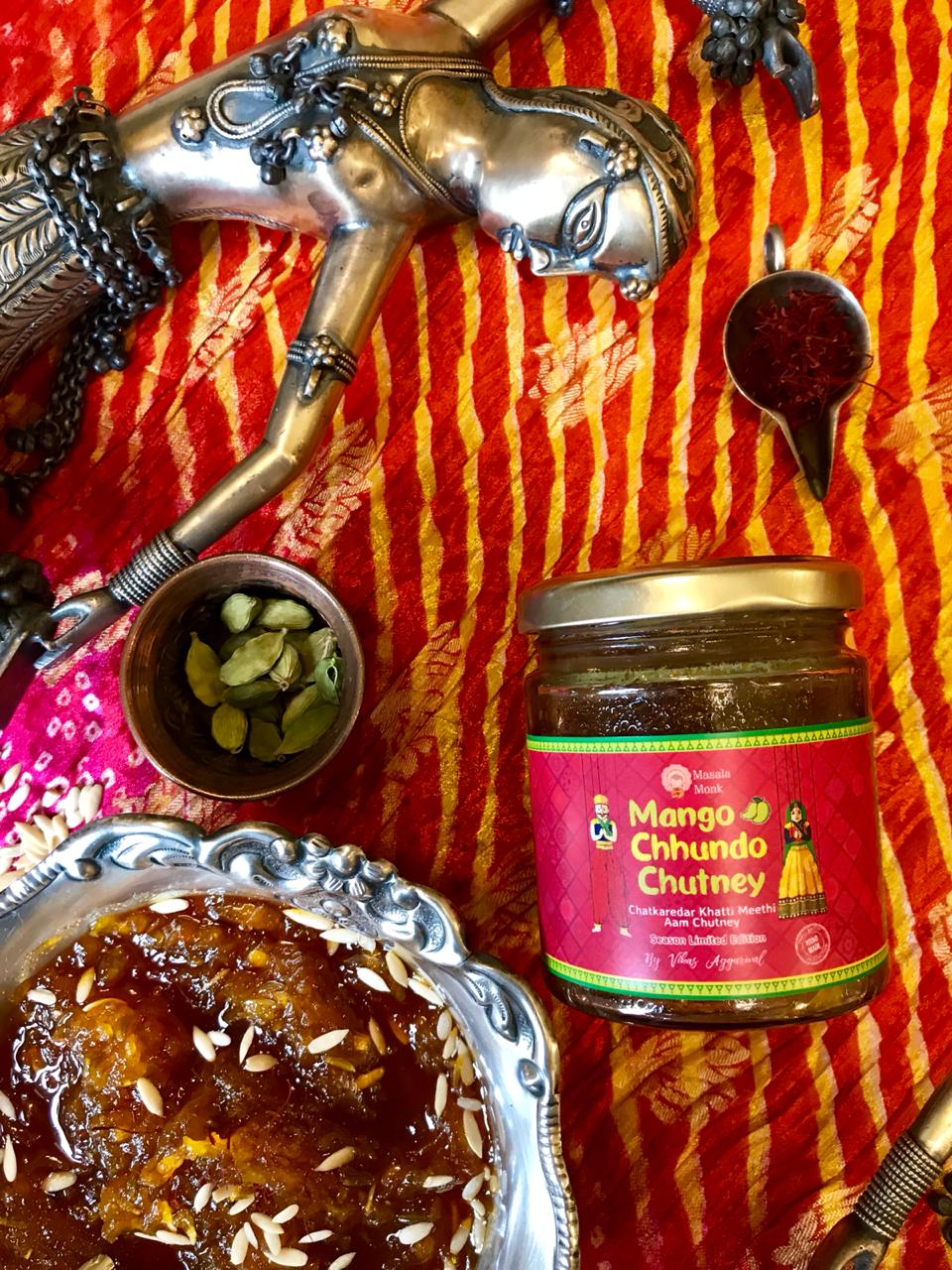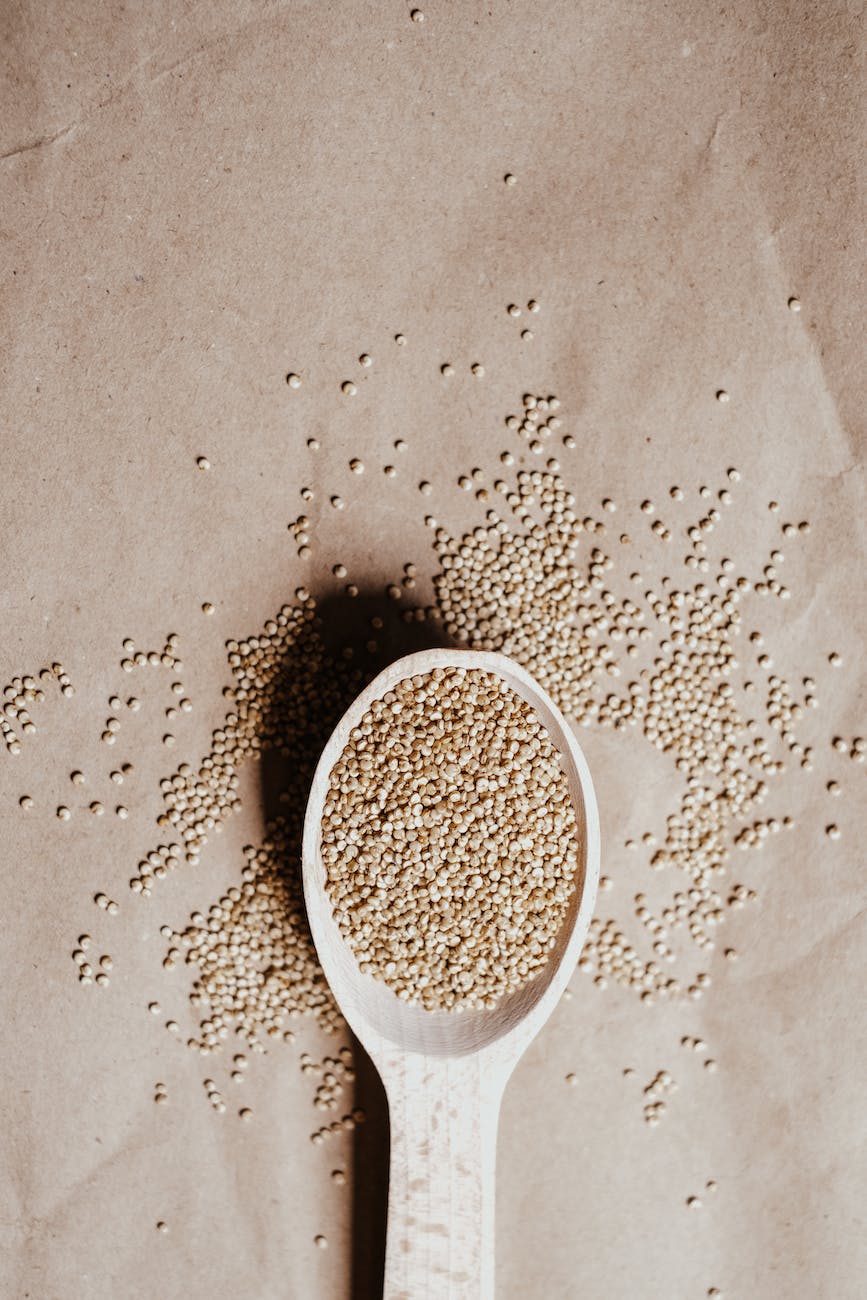
A balanced diet is fundamental to maintaining health and well-being. It involves consuming a variety of foods in the right proportions to provide the body with essential nutrients. Understanding and implementing a balanced diet can have profound impacts on your overall health.
Components of a Balanced Diet
- Carbohydrates: They are the body’s primary energy source, found in foods like grains, fruits, and vegetables.
- Proteins: Essential for growth and repair, proteins are found in meat, fish, dairy, and plant-based sources like beans and lentils.
- Fats: Necessary for energy and supporting cell growth, healthy fats are found in nuts, seeds, avocados, and oily fish.
- Vitamins and Minerals: These micronutrients are crucial for various bodily functions, including immune response and bone health.
- Water: Essential for hydration, metabolism, and overall bodily functions.
Read more about:
Basics of Macronutrients: Diet’s Building Blocks
Micronutrients: Vitamins and Minerals in Your Diet
Hydration and Health: Role of Water in Wellness
Benefits of a Balanced Diet
- Weight Management: Helps maintain a healthy weight.
- Improved Mental Health: Linked to better mood and cognitive function.
- Disease Prevention: Reduces the risk of chronic diseases.
- Enhanced Energy Levels: Provides consistent energy throughout the day.
- Better Digestive Health: Aids in digestion and prevents gastrointestinal issues.
Creating a Balanced Diet
- Diversity in Food Choices: Include a variety of foods from all food groups.
- Portion Control: Understand and implement appropriate serving sizes.
- Limit Processed Foods: Opt for whole, unprocessed foods.
- Regular Meals: Maintain a regular eating schedule.
- Stay Hydrated: Drink plenty of water.
Special Dietary Needs
Individual nutritional requirements can vary based on factors like age, gender, health conditions, and activity levels. Consulting with a healthcare provider or a nutritionist can provide personalized dietary advice.
Overcoming Barriers to a Balanced Diet
- Time Constraints: Plan and prepare meals in advance.
- Budget Concerns: Opt for seasonal and bulk foods.
- Lack of Knowledge: Educate yourself about nutrition basics.
For a more comprehensive guide on nutrition and to join a supportive health community, consider participating in the BackOnTrack WeightLoss Challenge. This challenge offers extensive resources and encourages a holistic approach to health and wellness.
A balanced diet is more than just a tool for weight management; it is a cornerstone of a healthy lifestyle. By understanding and implementing the principles of a balanced diet, you can significantly improve your health and quality of life.
10 FAQs for “Introduction to a Balanced Diet: The Key to Optimal Health”
- What constitutes a balanced diet? A balanced diet includes a variety of foods from different groups like carbohydrates, proteins, fats, vitamins, and minerals in the right proportions.
- How does a balanced diet benefit overall health? It helps in weight management, improves mental health, reduces the risk of chronic diseases, boosts energy levels, and supports digestive health.
- Can a balanced diet change based on individual needs? Yes, individual dietary requirements can vary based on age, gender, activity level, and health conditions.
- How can I ensure my diet is balanced? Focus on diverse food choices, control portion sizes, limit processed foods, maintain regular meal times, and stay hydrated.
- Are all fats unhealthy in a balanced diet? No, healthy fats like those found in avocados, nuts, and oily fish are an important part of a balanced diet.
- What role do micronutrients play in a balanced diet? Micronutrients, such as vitamins and minerals, are crucial for various bodily functions including immune response and bone health.
- How can I manage a balanced diet with a busy lifestyle? Planning and preparing meals in advance and opting for quick, healthy options can help maintain a balanced diet despite a busy schedule.
- Is a balanced diet the same as a diet for weight loss? While a balanced diet aids in weight management, it encompasses broader aspects of health beyond just weight loss.
- How can I educate myself about a balanced diet? Reading credible nutritional information, consulting with healthcare providers, and participating in educational programs like the BackOnTrack WeightLoss Challenge can increase your knowledge.
- Can a balanced diet help prevent diseases? Yes, a balanced diet can significantly reduce the risk of developing chronic diseases like heart disease, diabetes, and certain cancers.
Blog Tags for the Post
balanced diet, nutritional health, healthy eating, diet planning, weight management, disease prevention, micronutrients, meal planning, dietary diversity, wellness lifestyle













